I’ve officially arrived in Barbieland.
This week, it feels like I’ve woken up in Greta Gerwig’s dreamy alternate universe as her Barbie movie takes the world by hot-pink storm.
And post-Barbie release month is shaping up to be a weird, whimsical moment in pop culture.
Walking through the city, packs of pink-clad pals are greeting total strangers on the street with cheerful choruses of: “Hi Barbie!”
This past weekend, I saw an entire family – kids, mum and dad – wearing matching pink Crocs to the pictures (adorable) and earlier this week, Nobel-prize winner Malala Yousafzai won the internet with her Barbie-themed tweet.
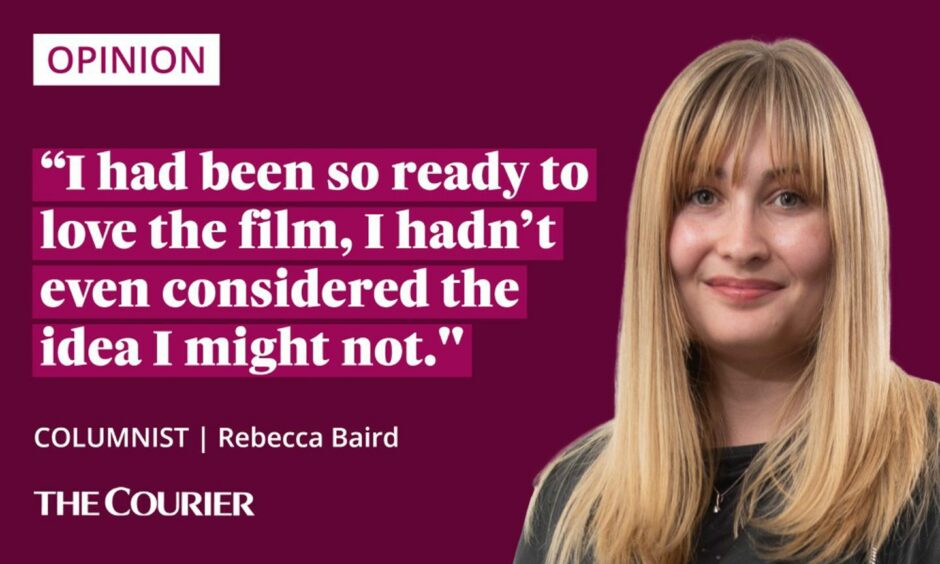
Even my own dad – usually so macho – got into the spirit, dressing up and bringing his finest Kenergy to our family outing to see the film.
And as a lifelong Barbie fan, it’s fair to say I’ve been gleefully anticipating this moment of nostalgic, girly utopia.
After all, I’m the exact target audience for a Barbie movie: a 20-something left-leaning feminist with a penchant for accessorising and a fiercely independent nature.
So imagine this Barbie’s surprise when the credits rolled and she thought: That film was… not very good.
Barbie isn’t an ‘evil’ film
Don’t get me wrong – I agree with everything the movie was trying to say, and I think the anti-woke brigade deeming it ‘evil’ or ‘anti-man’ have entirely missed the point.
I agree with the premise that Barbie is an idea, but the women she represents are real.
I enjoyed the discovery that Ken’s personal power lies not in adopting the patriarchy as a system but in being true to who he his as an individual.
I took 1 star reviews of #Barbie from furious men on letterboxd and put them on the posters because it makes the film seem ever cooler. pic.twitter.com/V4YzmnB8bj
— TechnicallyRon (@TechnicallyRon) July 23, 2023
And I adore the exploration of how mothers and daughters are not so different, they’re both just women trying to exist in a society which is set up by men.
In short, I ‘got’ the movie’s messages – unlike some more wilfully ignorant critics.
So my issue with the Barbie movie isn’t the moral of the story. It’s that the story itself is crap.
Pick a plot please, Greta
Plot-wise, the whole thing was messy, with too many elements crammed in.
Ken and Barbie’s discovery of gender roles, the cartoonish capitalist machine of Mattel, the tender angst of the mother and daughter Barbie finds in the ‘Real World’ – any one of the three would’ve made a great tale, but the mash-up resulted in a lack of depth all round.
And the tone, which started off so perfectly satirical in the beginning bubble of Barbieland, descended into an absurdist Ted Talk where message-heavy monologues overtook the voices of the characters delivering them.
Listen, I love a Gerwiggy soliloquy about womanhood as much as the next gal, and her previous hits, Little Women and Ladybird, show she’s capable of keeping the characters’ personalities front and centre when writing them.
But by the end of Barbie, I didn’t have a clear sense of who was speaking, and even though they were saying all the right things ideologically, I didn’t really care.
Visually, it was a feast. But a candied one, where style overtook sustenance. As the lights went up, I felt weirdly empty.
I had been so ready to love the film, I hadn’t even considered the idea I might not.
Because in the media at least, it seems there are two camps: Barbie movie fans and misogynists. If you’re not one, you’re the other.
And so I left the theatre, disappointed, wondering: Am I a bad feminist?
Barbie movie – new party line of feminism?
Perhaps even more disconcerting was when I walked into the office a few days later, and a colleague – a fellow woman – asked me if I’d seen the Barbie movie yet.
I hesitated, suddenly hyper-aware of the divisive discourse which has surrounded the film since its release.
So I attempted diplomacy, replying: ‘Yes, it wasn’t what I expected.’
It’s hard to succinctly convey how loaded that exchange felt, but I’ll try.
We live in a world where the worst thing a woman can be is a ‘pick me girl’ (someone who deliberately rehearses misogyny in an effort to appeal to men) or ‘not a girl’s girl’.
These terms are used to describe women who undermine feminism by disempowering fellow women or showing distain for femininity.
So it would be really easy, amid the current cult of Barbie girls, to pledge allegiance to Barbie world, and denounce anyone criticising the film, for any reason, as a ‘pick me girl’.
The irony is, of course, that Barbie encourages women to speak their minds.
And I’ve never been good at hiding what I think of things. My mouth might not say it, but my face does.
To my relief and surprise, my colleague whispered in agreement with what I hadn’t said: ‘It was a bit of a mess, wasn’t it?’
It’s fascinating, as a woman, to see our collective reticence to slam this messy movie.
It makes total sense; the Barbie movie so meticulously toes the party lines of the modern feminist movement, that to slag it off feels like shooting ourselves in her perfectly arched foot.
But let’s get it all in perspective: Barbie is a timeless feminist icon. This was just a mediocre film.
So long may the hot pink summer of Barbieland continue – but go and see Oppenheimer instead.
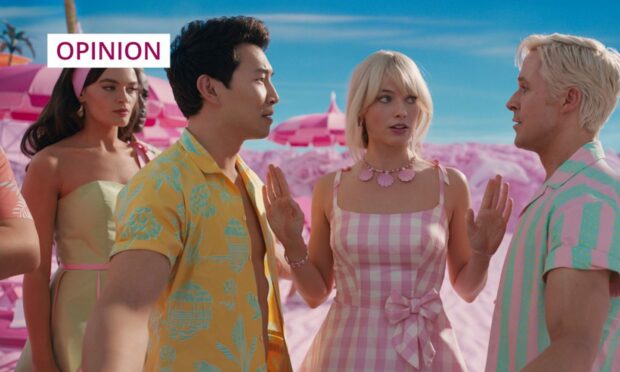

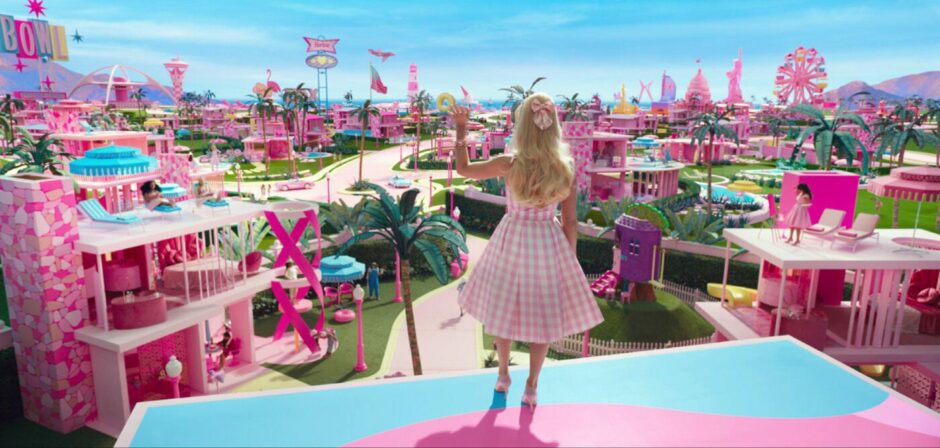
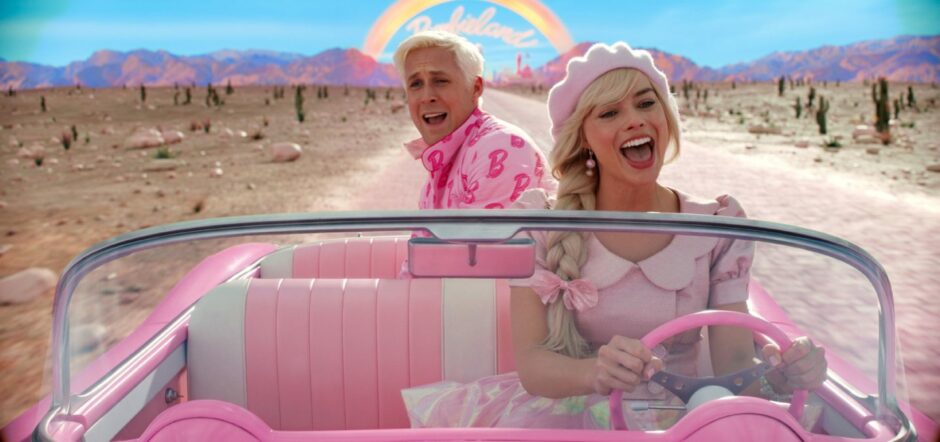
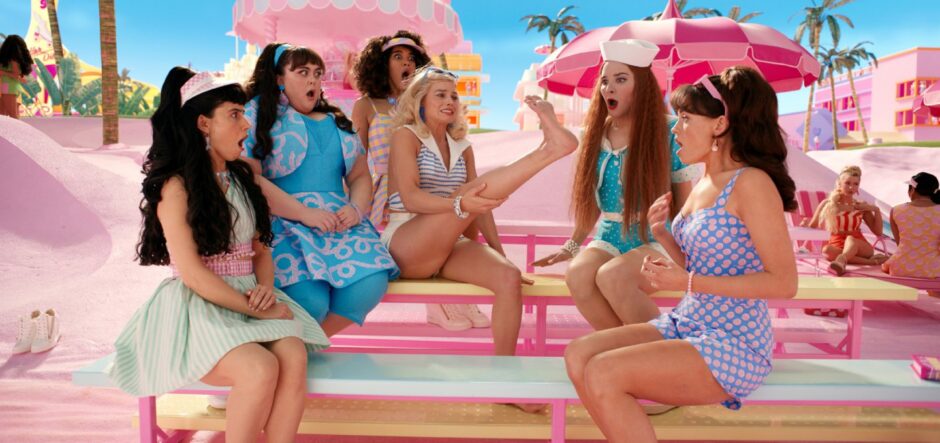










Conversation